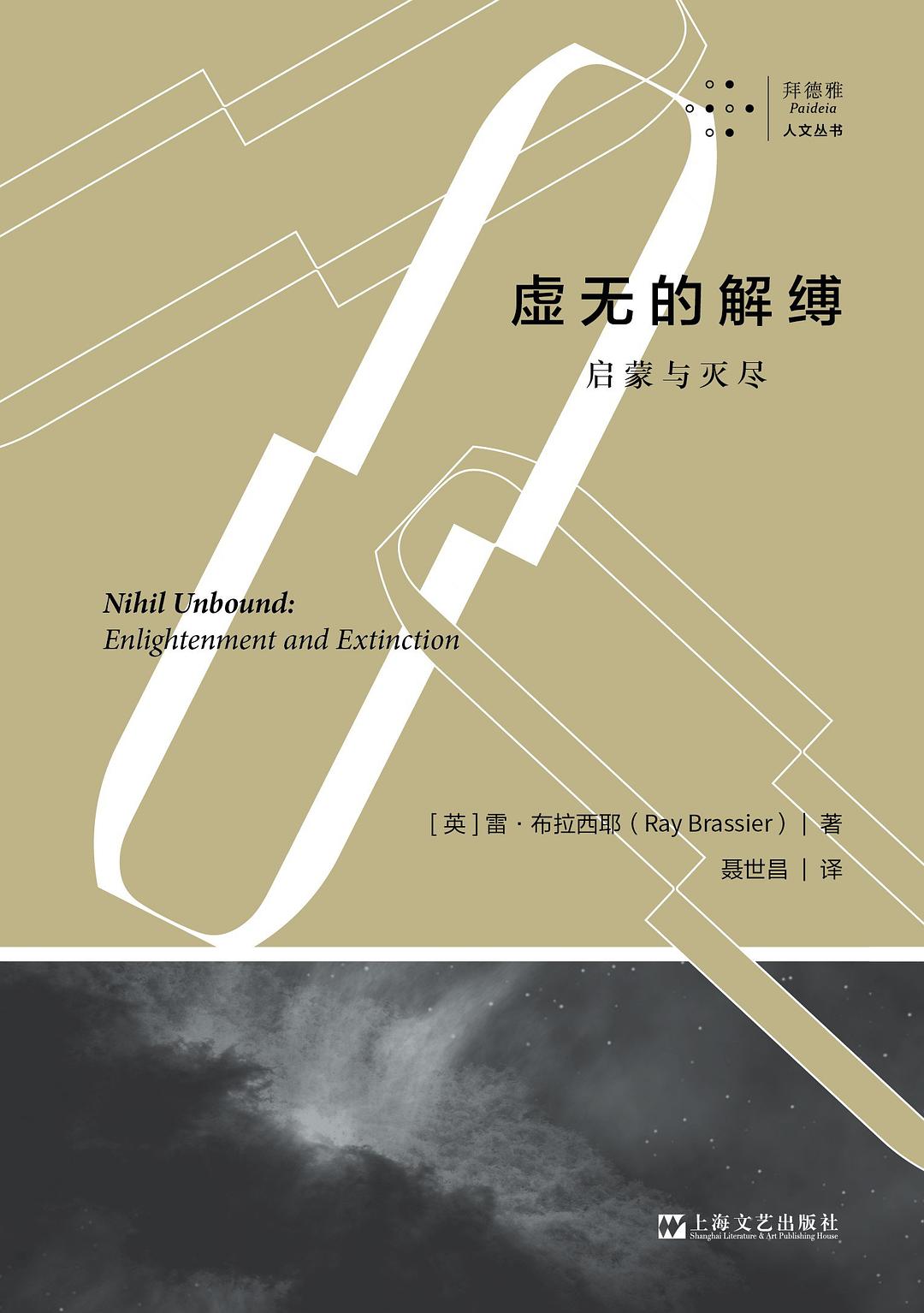WULOLIFE
《虚无的解缚》作者: [英]雷·布拉西耶 出版社: 上海文艺出版社 译者: 聂世昌
《虚无的解缚》作者: [英]雷·布拉西耶 出版社: 上海文艺出版社 译者: 聂世昌
Couldn't load pickup availability
Description
内容简介 · · · · · ·
★ “虚无主义”≠“生存毫无意义”,它还有哪些未被言明的东西?
★ 拒绝关于“虚无主义”的陈词滥调,聚焦它的今日影响
★ 思辨实在论思潮的又一力作
-编辑推荐-
★虚无主义是一种需要对其诊断并给出解药的病症吗?人们需要重建生存的意义、生命的目的或者修缮人与自然破碎不堪的、不再和谐的关系吗? ——虚无主义不是生存的困惑而是思辨的契机.
★拒绝“虚无主义”意味着“生存毫无意义”这一陈词滥调的主张,开掘这一术语背后所潜藏的还未被哲学家钩深极奥的东西,聚焦虚无主义在经历尼采、萨特和后现代主义之后,对今日所产生的意义和影响。
★以虚无主义的概念为中心,全面回顾后康德哲学,对阿多诺、海德格尔、的总结和批判。
-内容简介-
英国哲学家雷•布拉西耶通过这部著作将虚无主义重塑为一个哲学问题。本书分为三个部分,每个部分皆处理了虚无主义的某一面向。作者通过研究虚无主义,对以现象学和批判理论为主流的当代欧陆哲学的一些核心观点提出了挑战。
本书的主要论点有二。首先,作者指出,虚无主义并非“主观主义病态的恶化”,即“宣告整个世界的无效,并把现实化约为绝对自我的关联项”。相反,它是“实在论信念的必然结论”,因为实在论坚信,存在着“独立于心灵的现实”;其次,作者提出,启蒙运动打破了“存在之链”,污毁了“世界之书”,作为启蒙进程的世界的祛魅标志着知识发现呈现出令人振奋的趋势,而非灾难性的衰退。
这些观点一扫虚无主义思想中的极端悲观主义色彩,是对当代人文困境所作出的强有力的回应,给人带来了认知的挑战和智识的启发。
-专家推荐-
这是一本颇具分量的原创著作.与宇宙、哲学与人类目的之关系的问题。这些问题既深刻,又有探索意义。[……]它强行推翻了我们已经以某种方式所解决的虚无主义之问题的假设。它唤起了,甚至强化了虚无主义曾给思想带来的冲击力和破坏力。
——罗宾•麦凯
本书兑现了它的很多承诺,其中最重要的是,它带给读者一种罕见的阅读体验:真正的哲学发现[……]。布拉西耶的著作至少为阿多诺的一个论点提供了让人震惊的证据:“思想通过为那些被贬损为虚无主义的东西辩护。
——诺克斯•佩登
阿兰•巴迪欧和斯拉沃热•齐泽克是当代欧洲哲学最有声望的化身,他们最终走出了延续近两个世纪的康德先验理念论的阴影。[……]雷•布拉西耶和这些思想家一道,站在了这些令人兴奋的新发展的前沿。
——阿德里安•约翰斯顿
作者简介 · · · · · ·
-作者简介-
雷•布拉西耶,生于1965年,英国哲学家。2001年在华威大学获得哲学博士学位;2002—2008年,以研究员的身份任职于米德尔塞克斯大学现代欧洲哲学研究中心;2008任职于黎巴嫩贝鲁特美国大学哲学系。他被视为当代思辨实在论思潮中最具代表性的哲学家之一。
-译者简介-
聂世昌,华东师范大学文学博士,现任职于上海大学中文系。
